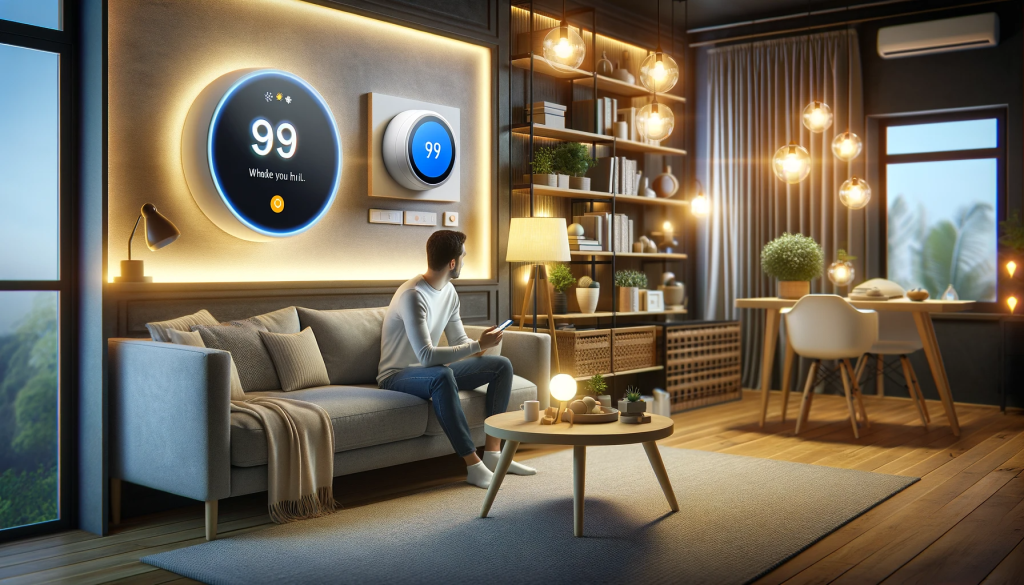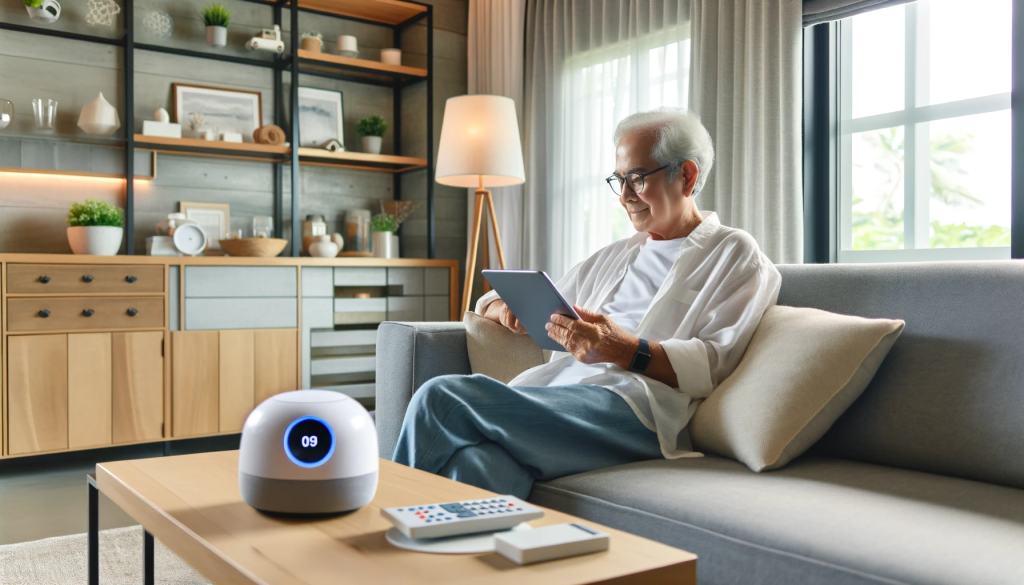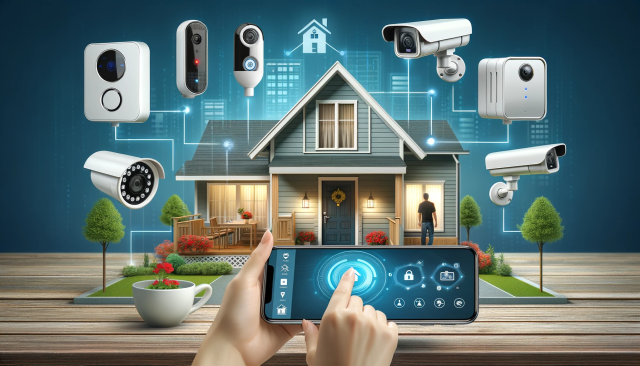Introduction
The concept of a ‘smart home’ has evolved from a futuristic dream into a present-day reality. With advances in technology, our homes are no longer just shelters but have become integrated ecosystems of convenience, efficiency, and security. This transformation has been driven by the continuous evolution of smart home technology, making our living spaces more responsive to our needs and lifestyles.
Enhanced Convenience and Comfort
One of the most tangible benefits of smart home technology is the enhanced convenience and comfort it brings. Automated systems can control lighting, temperature, and even operate appliances, adapting to our preferences and schedules. Imagine waking up to the gentle brightness of smart lighting, or having your coffee ready by the time you step into the kitchen – these are no longer luxuries but everyday realities in a smart home.
Voice-activated assistants like Amazon’s Alexa or Google Home have taken convenience a step further. These devices act as central hubs for controlling various elements of the home, responding to voice commands to play music, set reminders, or provide weather updates, all while you go about your daily tasks.

Improved Energy Efficiency
Smart homes are not just about comfort; they are also about being eco-friendly. One of the key advantages is the significant improvement in energy efficiency. Smart thermostats like Nest or Ecobee learn from your habits and adjust the heating and cooling of your home for optimal comfort and energy usage. They can detect when you’re away, reducing energy consumption when it’s not needed, and thus contribute to both cost savings and environmental conservation.
Energy-efficient smart appliances further complement this efficiency. Refrigerators, washing machines, and dishwashers equipped with smart technology can operate at times when energy demand is lower, or they can use less water and power, reducing your utility bills and environmental footprint.
Increased Security and Safety
Security is a paramount concern for homeowners, and smart home technology has made significant strides in this area. Smart security systems, including cameras, doorbells with video capabilities like Ring, and automated alarms, offer enhanced security measures. These systems allow for remote monitoring through smartphones, giving homeowners peace of mind whether they’re at home or away.
Additionally, many smart homes are equipped with features like automated emergency responses. In case of a fire or a gas leak, smart detectors can not only alert the residents but also notify emergency services automatically, potentially saving lives and property.

Accessibility and Elderly Care
Smart homes are playing a crucial role in enhancing accessibility, particularly for the elderly and individuals with disabilities. These technologies provide solutions that support independence and safety. For instance, voice-controlled systems can assist those with mobility issues, enabling them to control lights, locks, and other home devices without physical effort.
Moreover, smart sensors and wearables can monitor health vitals and alert caregivers or family members in case of any irregularities. Automated medication dispensers ensure timely medicine intake, while fall detection systems can summon help when needed. These features not only empower the elderly to maintain their independence but also provide reassurance to their loved ones.
Integration and Smart Ecosystems
The true potential of smart home technology is realized when individual devices work in harmony as part of an integrated ecosystem. This integration is largely enabled by the Internet of Things (IoT), where devices communicate with each other, creating a cohesive and intuitive living experience.
A fully integrated smart home system can manage everything from energy consumption to entertainment, all tailored to the homeowner’s preferences. For example, a smart thermostat can work in tandem with window blinds and lighting to maintain the ideal temperature and lighting conditions, optimizing comfort and energy use.
Challenges and Considerations
While smart homes offer numerous benefits, there are challenges and considerations to be mindful of. Privacy and security are significant concerns, as smart home devices can be vulnerable to hacking. Users need to ensure that they use secure networks and stay updated with the latest security measures.
The cost and complexity of setting up a smart home can also be a deterrent for some. However, with the rapid advancement of technology, these systems are becoming more affordable and user-friendly, making them accessible to a broader audience.
Conclusion
The evolution of smart home technology is making our lives easier, safer, and more efficient. From enhancing day-to-day convenience to playing a pivotal role in energy conservation and elderly care, the benefits are multifaceted. As we move forward, the adoption of these technologies is likely to become more widespread, making the smart home not just a luxury but a standard for modern living.
With careful consideration of security and privacy, and a thoughtful approach to integration, smart homes stand at the forefront of a more connected and efficient future.













































